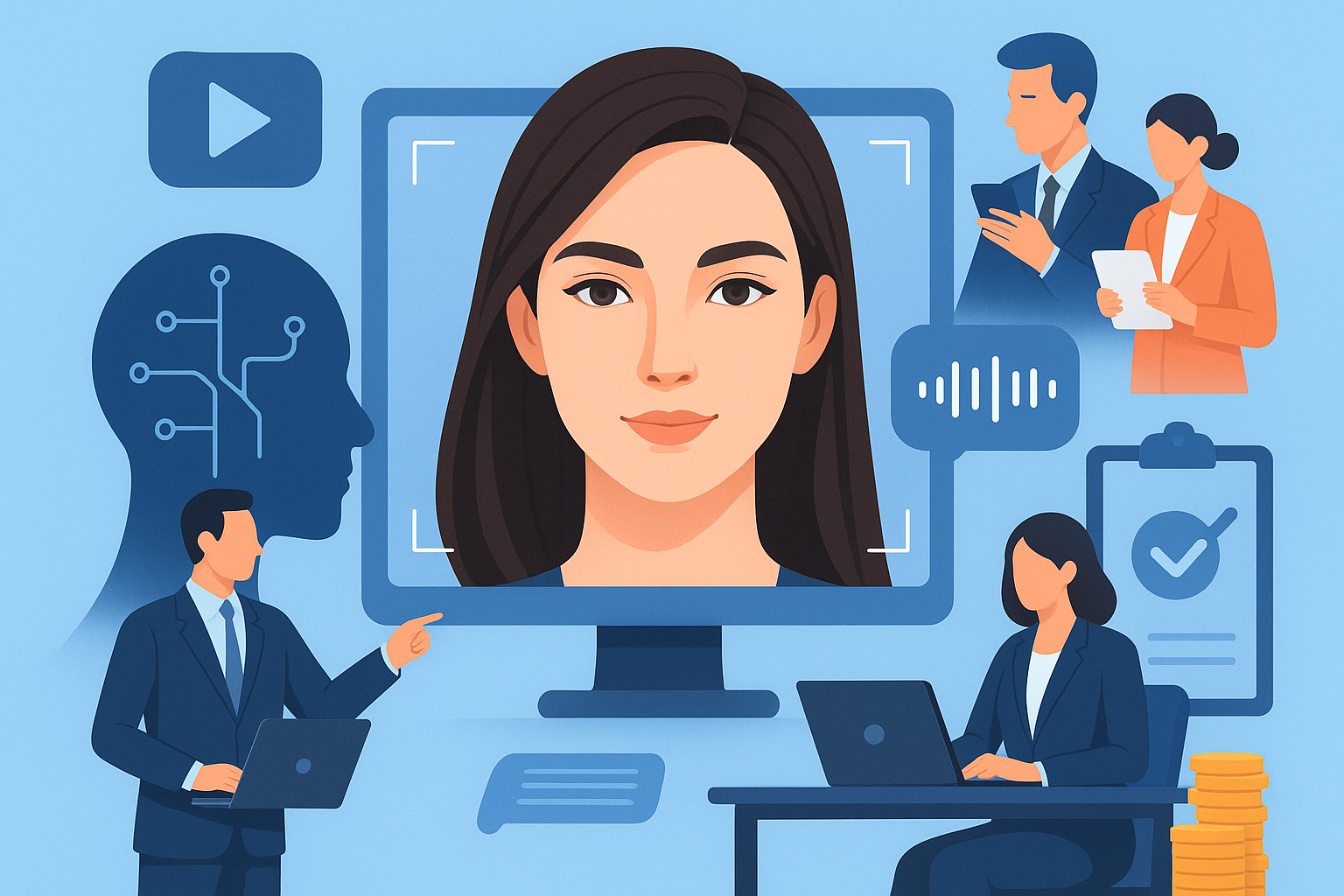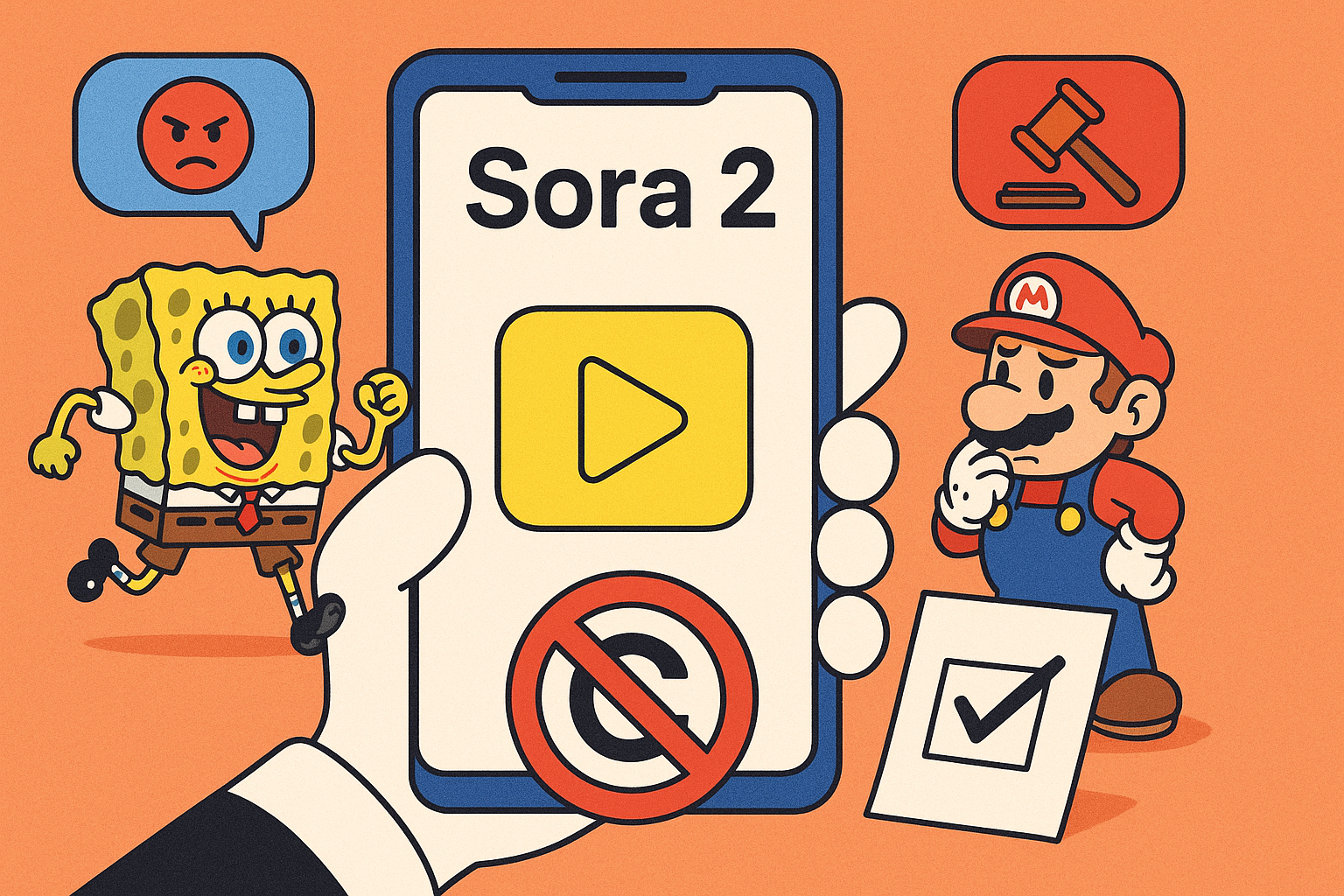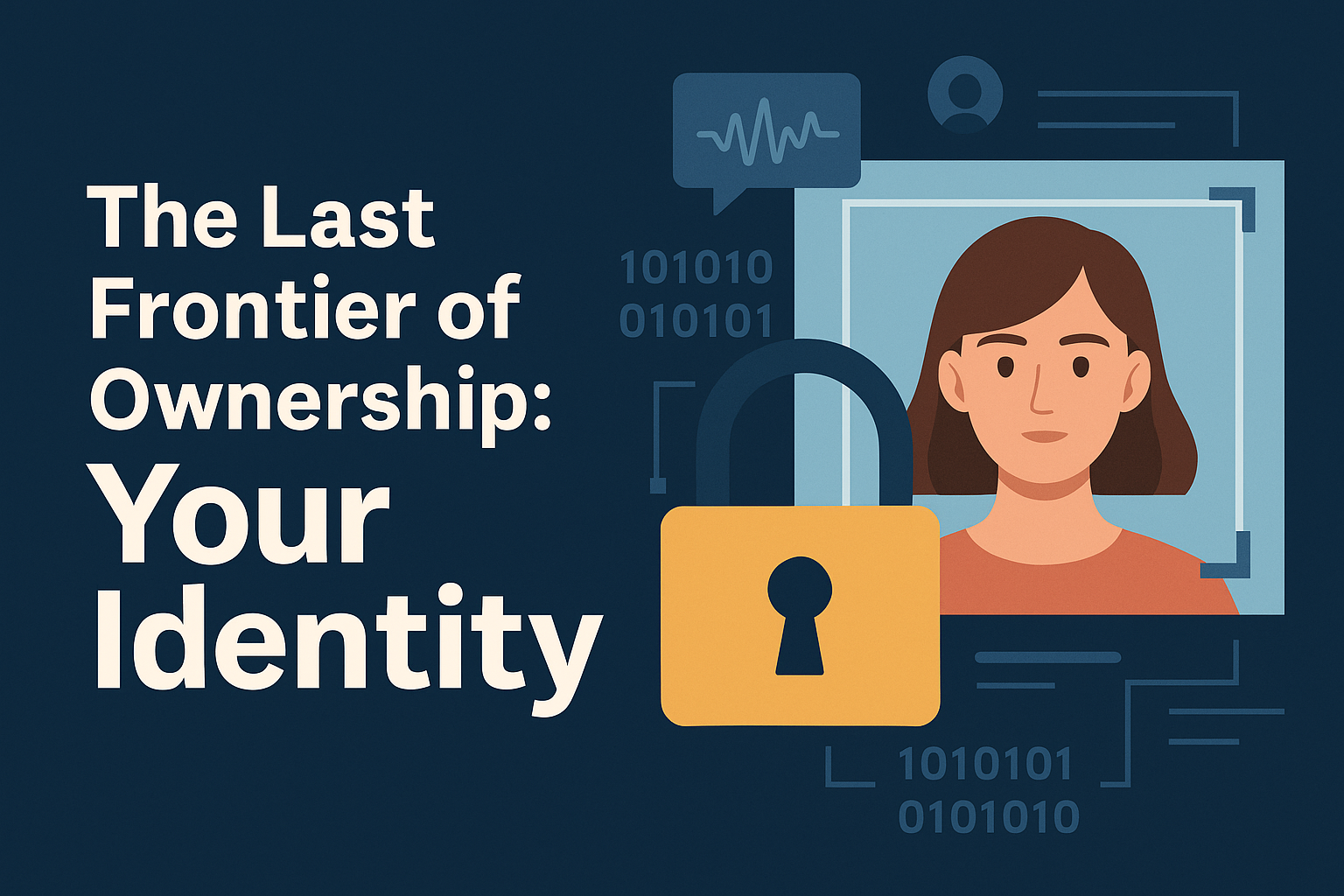There's an interesting asymmetry happening right now in AI.
Companies are building products that desperately need human authenticity. Voice assistants that don't sound like robots. Meditation apps that need real breathing patterns. Language tutors that require genuine emotional range. Ad campaigns that convert because they feel like actual people.
Meanwhile, every creator on earth is sitting on assets they don't even know they own. Your laugh. The way you say "hmm" when you're thinking. That specific skeptical tone you use. The rhythm of your breath during yoga.
These things have value now. Real commercial value. And almost nobody has figured out how to capture it.
That's the market we're building.
Licensing Likeness
Here's what it looks like in practice. You upload samples of your likeness in whatever form you have it. Voice clips, photos, video. Takes about five minutes. Then you set your terms with the kind of granularity that actually matters. Which uses you allow, which you forbid. Politics? Nope. Endorsements? Maybe. Training data? Your call. You set prices, you control everything, you get paid automatically when someone licenses your stuff.
No manager. No studio time. No complicated multi-page contract negotiation. Just upload, set terms, earn.
Existing Tools
If you're building any product that touches human faces or voices, you've already discovered the problem. Synthetic models alone don't hold attention the way real human expression does. The research backs this up: real human voice drives higher engagement, better comprehension, stronger trust than off-the-shelf text-to-speech in most applications. Product teams know this. That's why they want licensed human assets instead of synthetic stand-ins.
But getting those assets the old way is brutal. Scraping is legally radioactive. Chasing DMs doesn't scale. Negotiating one-off deals with creators takes months and burns legal budget.
So we built the infrastructure. An API that plugs into your pipeline and returns licensed assets matching your specifications. Standardized contracts so your legal team doesn't need to review every single deal from scratch. Clear usage metadata and reporting so everyone knows exactly what's allowed and what's not. Enterprise controls for filtering, exclusivity, geoblocking, usage caps. Everything you need to build the product you want without surprise liability downstream.
Why This Matters
AI tooling has made it trivial to clone voices and generate faces at scale. That creates both massive demand and massive legal risk. Amazon Prime Video announced pilots of AI-aided dubbing for licensed titles. Major platforms are in active talks to license celebrity voices directly. The commercial interest is obvious and urgent.
At the same time, regulators are moving fast. Tennessee passed the ELVIS Act creating civil remedies for unauthorized voice cloning. The EU AI Act puts real obligations on platforms around synthetic content transparency and disclosure. This isn't hypothetical future regulation. It's happening now. The companies building without clear licensing are the ones who'll get caught when enforcement ramps up.
Market size estimates for synthetic media run into the multi-billion dollar range over the next few years. The wedge is simple: money flows to whoever controls scalable, legally clean supply. Right now that supply barely exists in any organized form.
How License AI Works
The mechanics are straightforward. Creators upload likeness assets and set granular terms for what's allowed and what's blocked. We run verification and consent checks, bind usage into machine-readable licenses with tokenized metadata, and store the rights under custody.
Buyers call our API, select a licensed asset, pay per the agreed terms. Usage gets tracked automatically. Creators get paid automatically. No middleman phone tag. No ambiguous licensing. No wondering whether you're about to get sued.
Use Cases
Localization and dubbing teams want to scale voice options for global content without ambiguous licensing. Streaming platforms are piloting these approaches right now.
Voice assistants need personality and authenticity with legal clarity. Meta and other major companies have publicly explored licensing celebrity voices for exactly this reason.
Ad campaigns want authentic human nuance because it measurably lifts conversion and reduces churn compared to flat synthetic alternatives. Product teams report real gains from human performance in customer-facing experiences.
Standardized rights. Liquid supply. Reliable provenance. Clear payments.
Our Core Thesis
If you're a creator: you can upload samples and set the exact terms you want in about five minutes. You own the asset class. The question is whether you want to monetize it.
If you're a company: you can integrate our API or request a demo to see how this maps to your specific use cases. We'll show you the legal footprint, the technical integration, and how quickly you can move from testing to production.
We're offering contracts, audit trails, compliance features, and a marketplace that matches supply to demand at scale.
The License AI team



